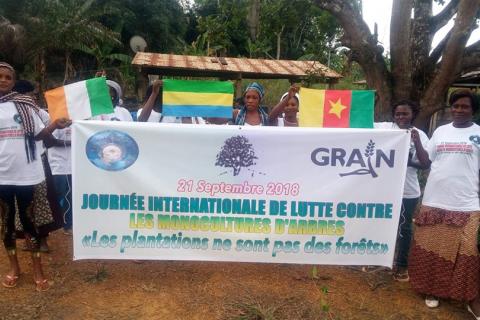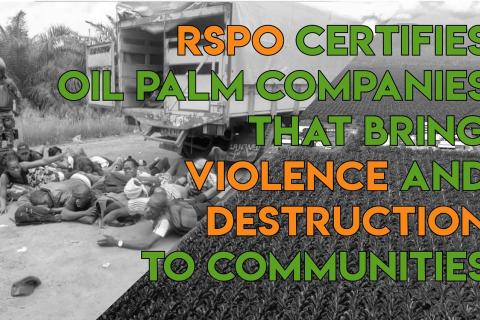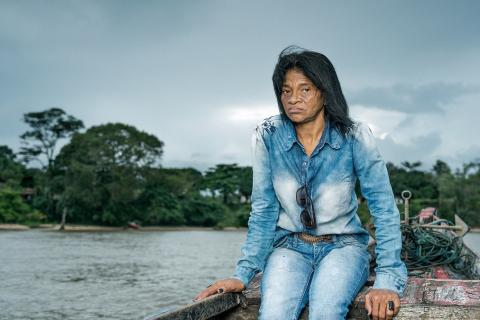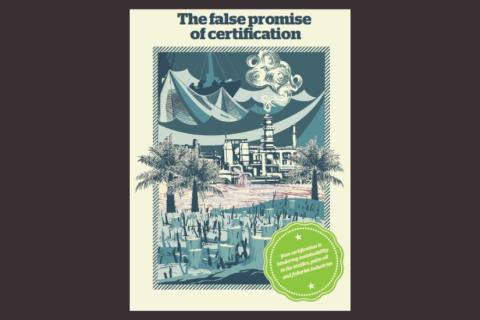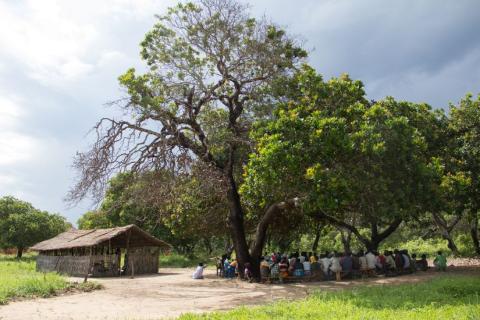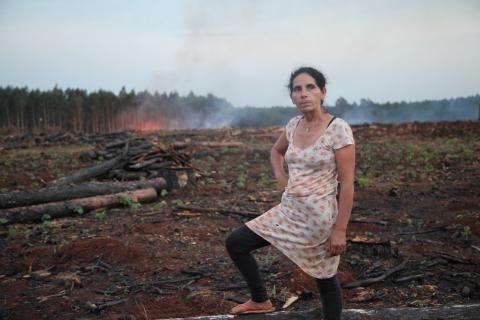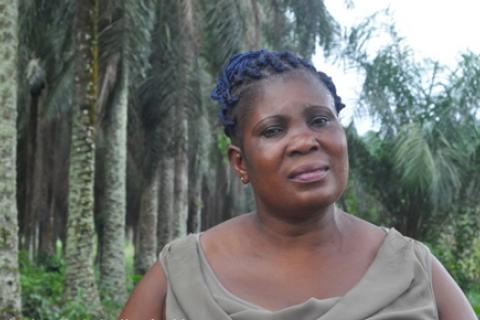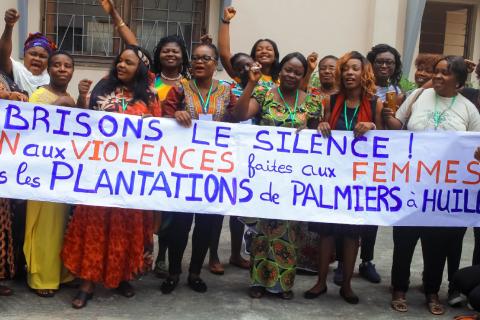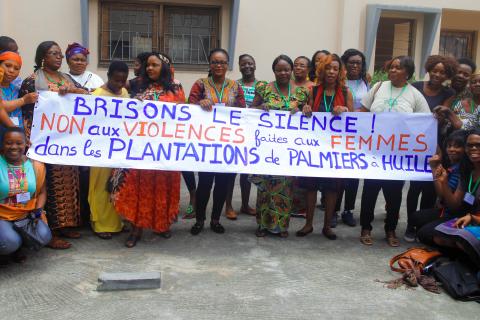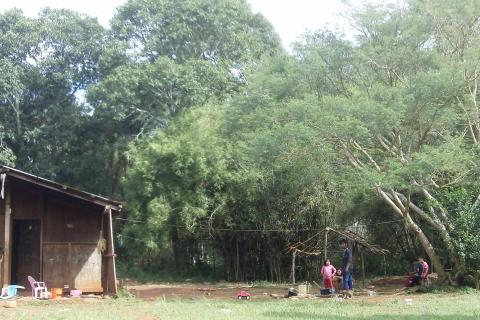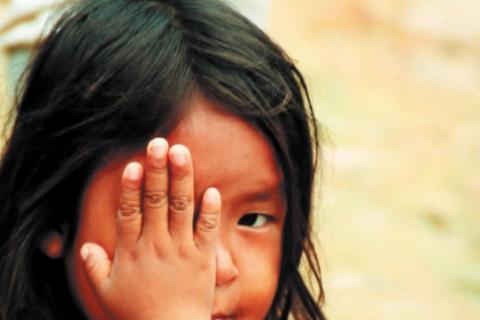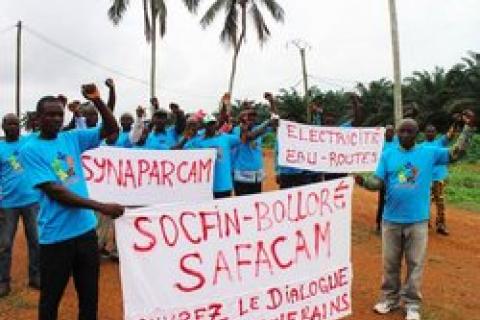Within the framework of September 21, International day of Struggle against Monoculture Tree Plantations, women affected by OLAM’s oil palm plantations, during a meeting in the village of Fera, in Gabon, decided to send a letter to FAO denouncing the impacts they are suffering.
Other information
We invite organizations to sign on and support the statement, which denounces that the RSPO, since it was created 14 years ago, has been a tool that served the corporate interests of the oil palm sector
“The world is deadlier than ever for land and environmental defenders, with agribusiness the industry most linked to killings,” according to the last Global Witness research. The report shows that agribusiness including coffee, palm oil and banana plantations are most associated with these attacks.
Read the complete report at: https://www.globalwitness.org/en-gb/campaigns/environmental-activists/at-what-cost/
This report from Changing Markets Foundation is focused on the environmental impacts of certification schemes and voluntary initiatives in the fisheries, palm oil and the textiles industry. It affirms that “as sustainability goes mainstream, more and more companies are keen to show off their credentials by adopting different types of certification, labels and ethical commitments” and that “in each of the three sectors investigated in this report, there is a clear environmental crisis that cannot be resolved by voluntary initiatives alone – even if these were made to be more robust.”
This web report shows the complex dynamics involved in land use and how a consultation over a plantation company's access to land was interpreted totally differently by the two sides. The web report also documents how local officials and community leaders attempting to promote what they see as "development" but which has negatively affected local people.
Access the web report “Land of plenty, but of only a few” here: http://terradealguns.divergente.pt/en/
The documentary recounts the recovery of land the cooperative of Independent Producers of Piray (PIP) in Misiones, Argentina, reclaimed from the multinational plantation company Arauco. After 14 years of struggle, the cooperative demonstrates that another production model is possible. Organic family farming produces food where some years ago, large-scale pines and eucalyptus plantations degraded land and jeopardized local livelihoods.
The Société Financière des Caoutchouc (Socfin) group is one of the world’s biggest plantation companies. In Cameroon, a bitter land rights struggle has unfolded between villagers and Socfin’s local subsidiary Socapalm, which owns six palm oil concessions in the country. In this Fern report and photo story women give testimony on the impacts that the Socapalm plantations have over their territories and lives, how the company has expanded its plantations onto community land, polluted the environment, and prevented villagers from processing their own palm oil.
On this September 21st, a message of solidarity and homage to the communities, community-based organisations and activists who are fighting in many different ways and places to stop monoculture tree plantations.
We said it in Mundemba, Cameroon, we reiterated it in Port Loko, Sierra Leone, we re-affirm this in Abidjan, Cote d’Ivoire: the abuse against women in and around industrial oil palm plantations must STOP!
Available only in Spanish
In 2016, a TV station in France (Channel 2) aired a report that told the story of Vincent Bolloré, a businessman who heads the oil palm plantation company, Bolloré, a subsidiary of the multinational company, Socfin. The television report showed the social and environmental abuses committed in Cameroon by the company, Socapalm, another subsidiary of Socfin. Vincent Bolloré owns 38.7% of the shares of Socfin. In a clear intimidation strategy, the businessman decided to take the journalist to court on charges of defamation.
